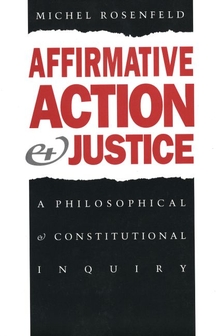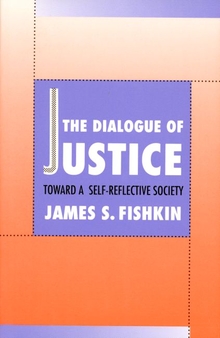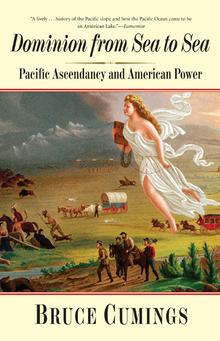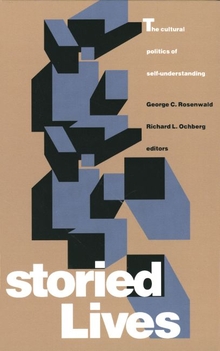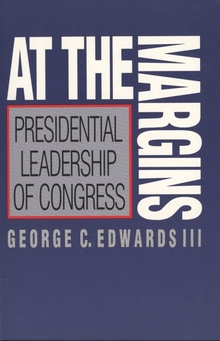Affirmative Action and Justice
WARNING
You are viewing an older version of the Yalebooks website. Please visit out new website with more updated information and a better user experience: https://www.yalebooks.com
A Philosophical and Constitutional Inquiry
Michel Rosenfeld
Affirmative action has been one of the most hotly debated issues in America. In the wake of numerous Supreme Court decisions on the subject, the ethical and constitutional controversy over affirmative action has recently intensified. The Court has neither clearly delineated the nature and scope of constitutionally permissible affirmative action plans nor articulated a coherent judicial philosophy to justify its seemingly incoherent decisions. Although philosophers and legal scholars have written extensively on affirmative action, where have been virtually no comprehensive attempts at interdisciplinary analysis. In this book Michel Rosenfeld provides such an analysis, critically examining the major existing philosophical and constitutional theories on affirmative action and elaborating a new theory that strongly defends the justice of affirmative action from the standpoint of both philosophy and constitutional law.
Rosenfeld begins by discussing the treatment of affirmative action under each of the four major philosophical conceptions of equality consistent with the tenets of liberal political philosophy: libertarian, contractarian, utilitarian, and egalitarian. He then examines systematically the Supreme Court’s rulings on affirmative action in light of evolving conceptions of the constitutional right to equal protection. Finally, he presents his new theory. Drawing upon Kohlberg’s principle of justice as reversibility and upon Habermas’ theory of communicative ethics, Rosenfeld advocates adopting a principle that he calls “justice as reversible reciprocity” as the best means to integrate various relevant perspectives and to provide a unified philosophical and constitutional justification of affirmative action.
"In this important and timely book, Rosenfeld . . . seeks to integrate philosophical and constitutional approaches to affirmative action policies. He includes a thorough analytical review of literatures in philosophy, social and political theory, law, and social science. . . . This solid and detailed study may be read productively with more general treatments of the law and politics of difference. . . . Recommended for upper-division undergraduate and graduate students."—Choice
"Integrates the legal and philosophical literature in an original way, and provides a clear and challenging discussion of an important issue."—Will Kymlicka, Canadian Journal of Political Science
"An interdisciplinary analysis of affirmative action, integrating philosophical and constitutional assessments of the affirmative action where appropriate and considering the proper place of philosophical insights in the constitutional assessment of the legitimacy of affirmative action under the equal protection clause."—Journal of Economic Literature
"This book performs two distinct tasks quite well. It could easily serve as a text for a course on the topic. At the same time, I think the book would reward careful examination by philosophers and legal theorists. There are valuable lessons here, both as to strategy and methodology. . . . It is a book worth studying, and it may change some minds."—J. H. Bogart, Ethics
"Rosenfeld has presented a most subtle philosophical and legal analysis to provide a rationale for affirmative action as both a philosophical belief and a constitutional principle."—Stanley L. Engerman Journal of Policy Analysis and Management
"A valuable contribution to affirmative action debates. . . . The major contribution of the book is Rosenfeld's constructive effort to provide a theoretical basis for what is arguably the heart of the moral life-the intuitive and imaginative quest to walk in the shoes of the other."—Bron R. Taylor, Annals of the American Academy of Political and Social Sciences
"Rosenfeld carefully identifies and criticizes different philosophical notions of equality, acutely analyzes the confusing course of Supreme Court decisions on affirmative action, and develops an intriguing philosophical defense of affirmative action based on but going beyond the work of Kohlberg and Habermas. His work materially strengthens the philosophical and legal literature on affirmative action."—Mark Tushnet, Professor of Law, Georgetown University Law Center
Publication Date: January 27, 1993

